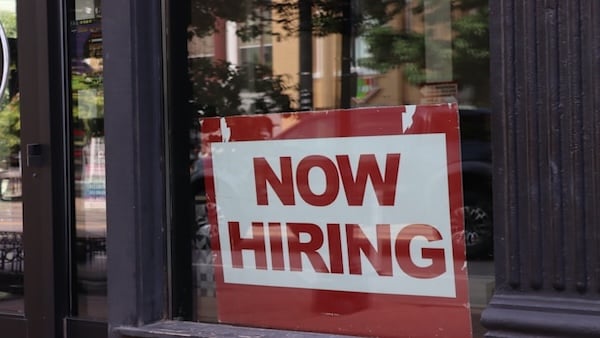Your first five hires will make or break your business
Why every early-stage startup needs these five people, and how to set them up to thrive.
Manage your equity and shareholders
Share schemes & options
Equity management
Migrate to Vestd
Company valuations
Fundraising
Launch funds, evalute deals & invest
Special Purpose Vehicles (SPV)
Manage your portfolio
Model future scenarios
Powerful tools and five-star support
Employee share schemes
Predictable pricing and no hidden charges
For startups
For scaleups & SMEs
For larger companies
Ideas, insight and tools to help you grow
3 min read
 Graham Charlton
:
Updated on September 23, 2025
Graham Charlton
:
Updated on September 23, 2025

Most companies treat employer branding as a marketing exercise. They polish careers pages, produce glossy culture videos, and post hashtags about team lunches.
The truth is that candidates don’t believe what you say. It’s about what you do.
Your hiring process is the most powerful brand signal you have. Every email, interview, and follow-up tells candidates what kind of company you really are.
Move too slowly, go silent after interviews, or show up unprepared, and no amount of branding spin will undo the damage.
In this article, we’ll explore how candidate experience shapes employer brand far more than careers pages, and how to get it right with a few simple practices.
Candidates experience your company long before they step into the office.
That experience is made up of small but telling details such as the acknowledgement email after they apply, the clarity of the job description, the professionalism of the interviewer, and how you handle rejection.
These moments leave a stronger impression than a careers page ever could. If your application process is chaotic or unresponsive, candidates assume your culture will be too.
Data backs this up. According to LinkedIn, 83% of candidates say a negative interview experience can change their mind about a role or company they once liked, while 94% say receiving interview feedback makes them more likely to accept an offer.
A weak hiring process doesn’t just cost you a single candidate. It can damage your brand in ways that are hard to repair.
Unhappy candidates share their stories, perhaps through a Glassdoor review, or in private through professional networks.
A Talent Board study found that 72% of candidates who had a bad experience told others about it.
For growing companies, this reputational hit is magnified. You may only hire a handful of roles each year, but if two or three people leave negative reviews, your Glassdoor profile suddenly becomes off-putting for potential candidates.
Candidate experience is brand marketing you can’t control, so it pays to get it right.

The biggest failures are often basic lapses in communication and organisation.
These include:
Each of these mistakes signals indifference.
Candidates assume that if this is how you treat people you’re trying to attract, the reality of working with you will be worse.
You don’t need a complex hiring process. You just need one that shows respect.
Candidates aren’t asking for red-carpet treatment. They want the basics of speed, clarity, and respect.
Industry benchmarks highlight where most companies fall short:
These are simple, low-effort fixes. A quick email update or a clear process outline costs minutes but builds massive goodwill.
Candidates expect you to respect their time and communicate effectively.
A great candidate experience doesn’t require a massive HR budget or specialist tools.
It requires discipline and consistency. Three steps make the biggest difference:
These actions aren’t glamorous, but they’re the foundation of an authentic employer brand.
Your hiring process is your employer brand in action.
Candidates won’t remember the slogans on your careers page, but they’ll never forget how you treated them during hiring.

Why every early-stage startup needs these five people, and how to set them up to thrive.

Diversity is one of those goals that almost every company claims to care about.

Diversity is one of those goals that almost every company claims to care about.